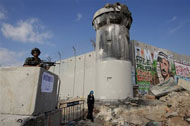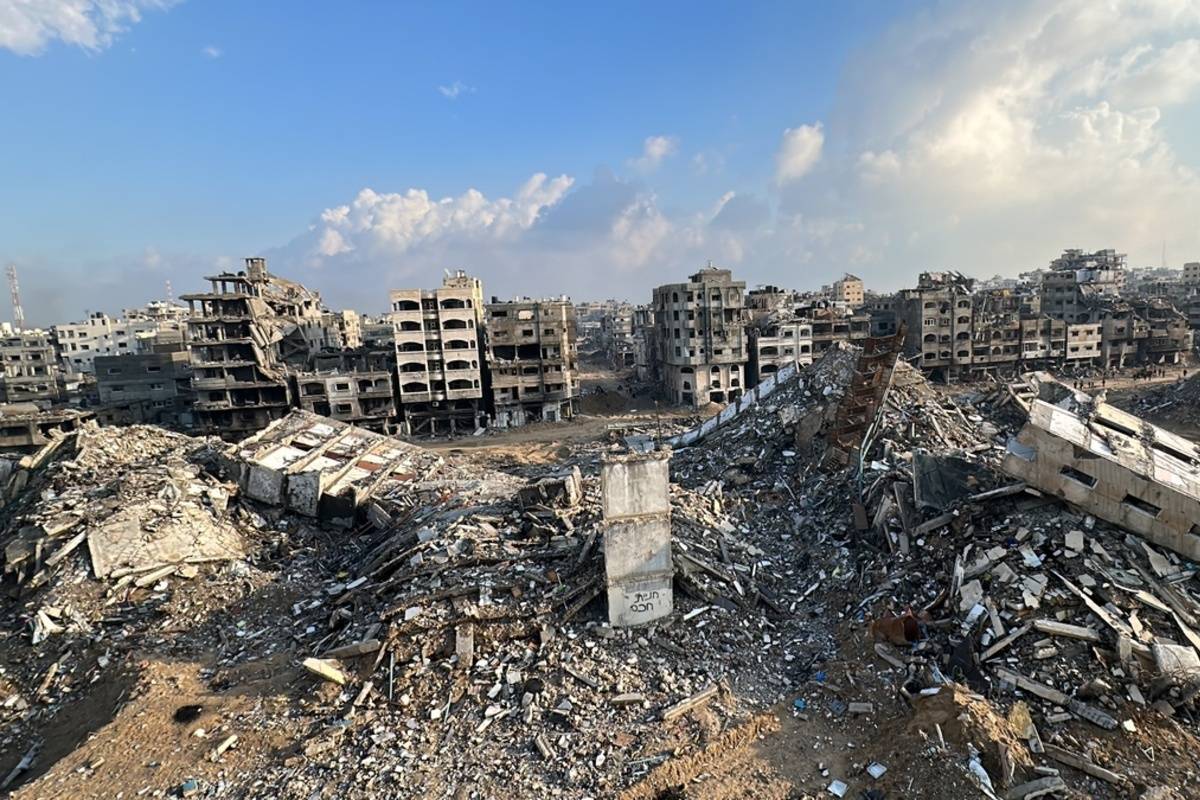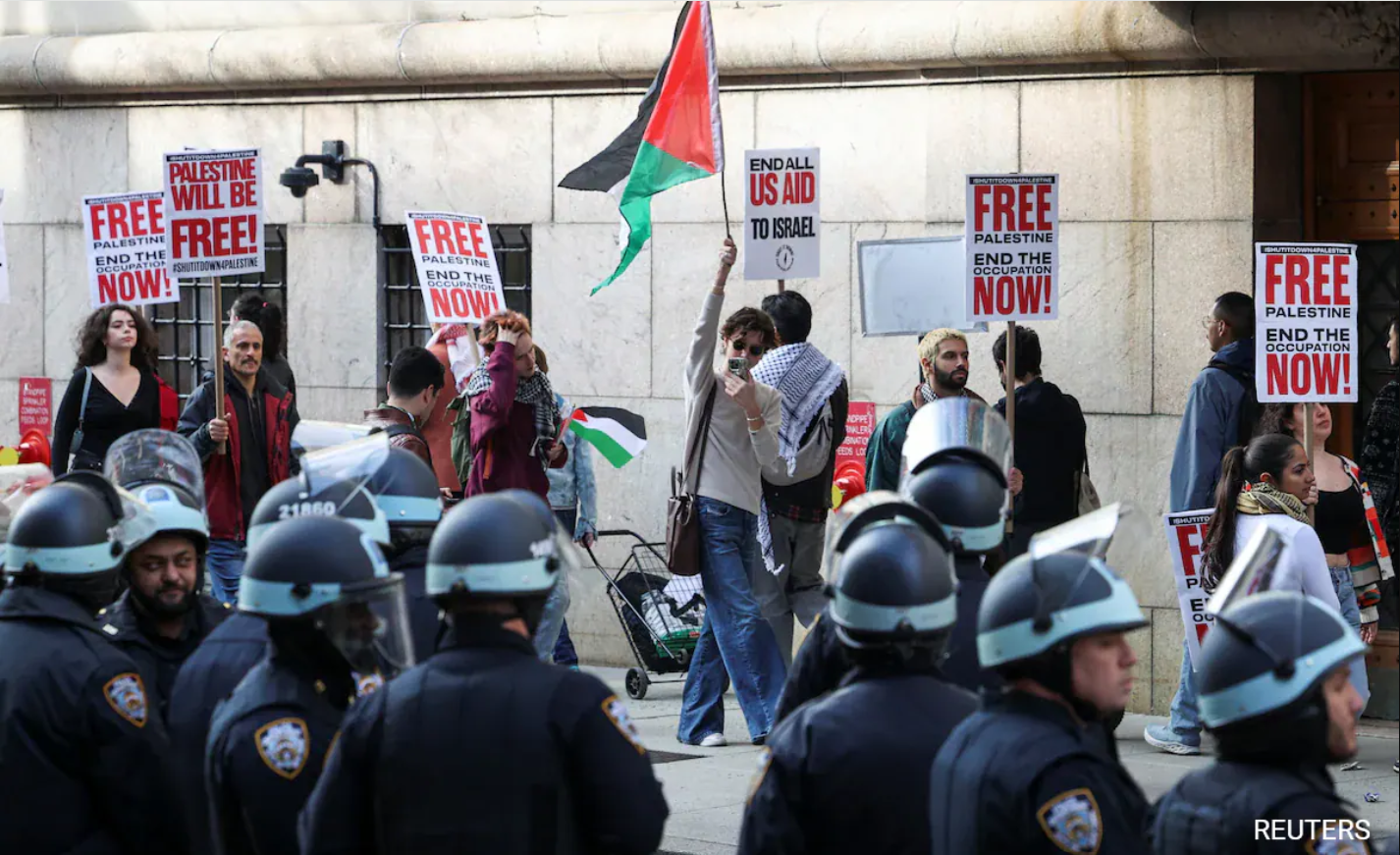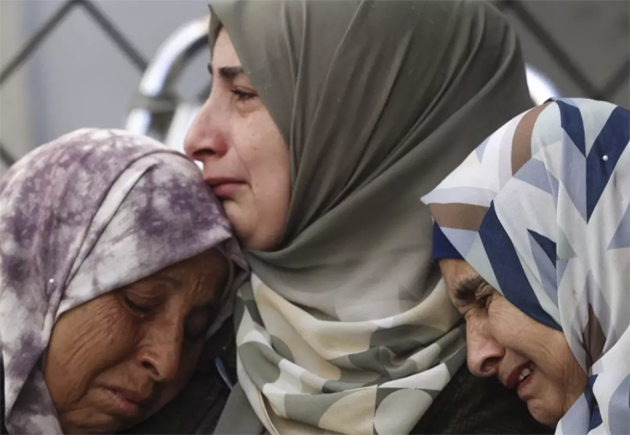
They only gave me a one-month visa. I played my tourist card to the “T” at Jordan's border, so well in fact that I was in and out within an hour and marked as a “1” out of a maximum of six for being a potential security threat. “Victorious!” I had thought at the time, believing that the fact that this was the easiest and quickest interrogation I’ve ever experienced meant everything was smooth sailing from that point forward. Yet, the Jewish Orthodox woman at passport control stamped me with a one-month visa instead of the standard three, smiled shrewdly, and told me to enjoy the rest of my trip. I asked her why, and argued politely that I had a return ticket booked for three months later. She smiled again, and raised her eyebrows amused, telling me, “That’s fine. You can go to the [Israeli] Interior Ministry and ask for an extension. However, we are no longer issuing three-month visas at the border unless it’s your first time entering. You must go to the ministry.” My heart sank. I knew how hard that would be, especially given rising tensions in Jerusalem, especially for someone with a background such as my own and especially as someone who was lacking one major resource that would drastically help to convince the graying Israeli bureaucrats in the ministry that I could stay longer: a Jewish Israeli friend.
Since then, I’ve begun making mental checklists of things to do before returning home. The most important of these has been to make more trips to Jerusalem to visit its Old City and the Aqsa Mosque, not sure when I’ll be able to return next. Thus, like so many do every day, I’ve begun to cross the Qalandiya checkpoint between Ramallah and Jerusalem more frequently, going through its dreaded metal cages that make one feel like herded cattle.
As an international with a general tourist visa, getting through checkpoints is relatively easy. Usually, all you have to do is flash your passport – best when it’s secured within a blue cover emblazoned with a gold crown or lion – and you’re well on your way. Unlike Palestinians, there’s usually no extra searching of one’s bags and papers, and no being pulled in for interrogations or the threat of physical brutality. Despite experiencing this perk while going through checkpoints over the last several months, and knowing how it works, I still get tense. That feeling changed a few days ago.
It was like any other day. I got out of the service taxi and walked the rest of the way across the parking lot to cross though metal cages and join herds of Palestinians waiting to cross over into the Jerusalem side of the checkpoint. We spend a lot of time doing that in Palestine – waiting, most often at the whims of young Israeli soldiers. We wait for her to get off her cigarette break so she will reopen the gate we’ve been standing at for half an hour already. We wait for him to give us back our passports and IDs as he conducts random search and seizures at roadblocks. We wait for them to get to where we need to go, if we are granted permission to go there in the first place.
Like any other day, I stood in line and attempted to read as I waited. Yet, as usual I was too distracted, watching almost in a trance as one or two people were let in every 10 minutes before the iron turnstiles were abruptly shut closed, consequently trapping the next person in line. I remember thinking to myself in that moment how calm I was then when I had first crossed, how unafraid I was now that I knew what to expect, and how unfortunately normal it had become.
Up until this day, I had been fortunate not to witness anything deeply abusive beyond the norm at checkpoints. However, that day was different. People in front of me began shouting half in Arabic, half in Hebrew, pleading with the young woman soldier to let someone pass, arguing that she was sick. They finally let a young man through to help, and I went on my toes and strained my neck to get a better view. I could see the shadow of a small, shriveled woman teetering feebly back through the metal detector towards us. Holding her head and nearly falling over without the support of the walls, I stepped out of line along with another man to steady her and ask her what she needed.
Her name was Mariam. She must have been around 80 years old, each crease in her face undoubtedly telling a story of its own. She didn’t have the proper papers with her, but kept repeating that she needed to cross because her children were on the other side. I tried to convince her to pass through the first set of metal bars back to the benches so she could rest. Yet, after talking to her, it was apparent she was suffering from dementia. She refused, and letting me go, wobbled towards a different checkpoint gate. I watched her helplessly, praying she wouldn’t fall, and got back into line.
When my turn came up, I pushed my passport up against the glass for the teenage soldier to do her routine glance. Yet, she studied my visa page for a while and then called a colleague. They discussed it between themselves and then proceeded to tell me something in garbled Arabic. I told them I did not understand them and to speak in English. (It still intrigues me how powerful the English language can be in this region, often used to intimidate by depicting a sense of authority and control.) “Your visa has expired,” he said into the intercom, “You must go back.” Although flushed, I didn’t flinch. “No it hasn’t,” I retorted, forcefully pointing to my passport, “Look at the date. It has not been a month, not even close.” He tried to tell me something about it being beyond 40 days. I knew it had been less than 14. Clearly confused, they phoned up their supervisors and gave them my passport number. I waited, as did the packed line of Palestinians behind me, who asked me what was taking so long. After what felt like eons, the girl finally waved her hand for me to pass. “So, did you figure it out? Can I go?” She nodded dumbly. I rolled my eyes and picked my bag up off the scanner cursing under my breath, loud enough for them to hear.
I was still fuming on the bus ride to Jerusalem. I wasn’t angry that this happened to me in particular. It was that this happens every day and much worse. I was angry that I couldn’t do more for Mariam. I was angry that dim-witted kids are “policing” the borders. I was angry that they made me angry. With this anger, though, came an odd sense of relief. I was no longer afraid of them. Perhaps that’s easy for me to say, as a non-Palestinian who can escape to another land without the daily obstacles of demeaning checkpoints and dense soldiers. However, once you visit Palestine and befriend its people, there’s no real escape. Palestine’s stories continue to ring loudly within all those they touch, not allowing us to forget them and challenging us to embrace our individual humanity even in the simplest forms. I will not miss the occupation, but I will miss Palestine. I’m sure that one day once I’m back home, I will find myself as poet Suheir Hammad writes, “showering tears, missing that love, like sugar aches teeth.”
Hajr Al-Ali is a Writer for the Media and Information Department at the Palestinian Initiative for the Promotion of Global Dialogue and Democracy (MIFTAH). She can be contacted at mid@miftah.org.











